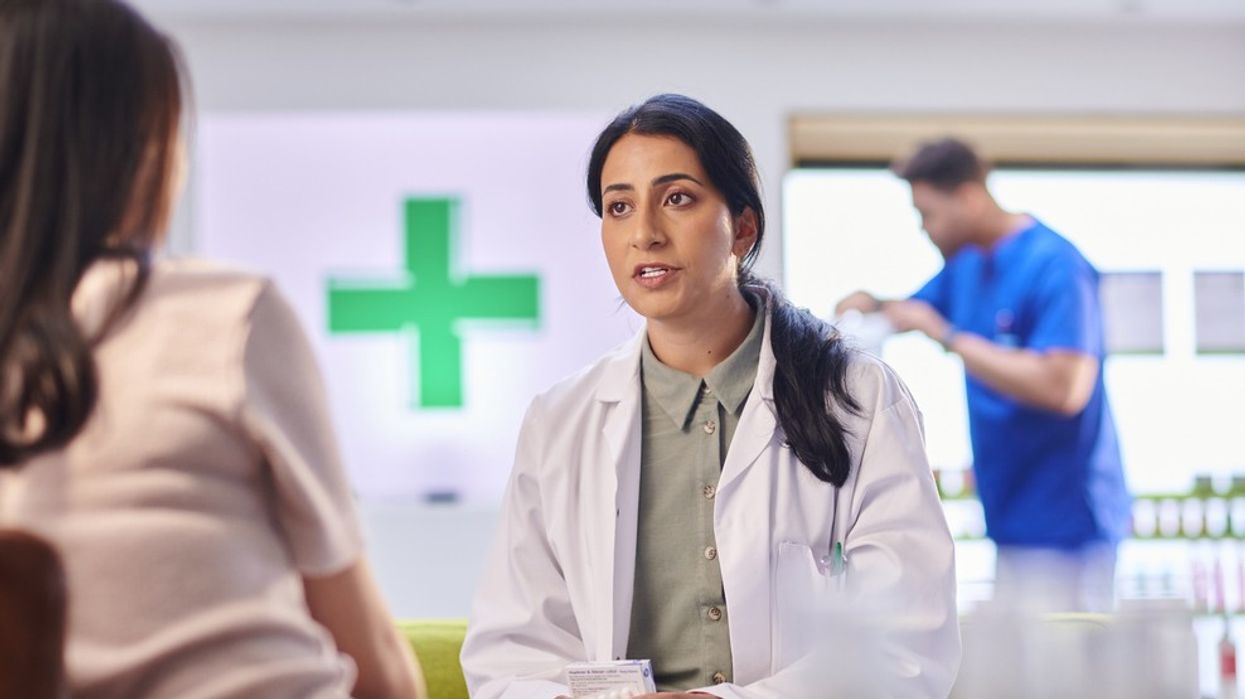The NHS advertising campaign has had little or no impact on the volume of Pharmacy First consultations
A recent analysis conducted by the Company Chemists’ Association (CCA) has revealed stark disparities in patient engagement with the Pharmacy First service across the country, likening the pattern to a 'patchwork quilt'.
It indicated that patients in the highest-performing Integrated Care System (ICS) received seven times more Pharmacy First consultations than those in the lowest-performing regions.
As of April 21, more than 3,000 CCA member pharmacies had delivered 126,484 Pharmacy First consultations since the programme's launch.
However, the analysis found significant regional variations, with nearly 13,000 consultations completed in the North East and North Cumbria ICS, while only 948 were completed in Gloucestershire ICS.
The CCA calculated that if every ICS had as many consultations as the highest-performing ICS, there would have been an additional 600,000 Pharmacy First consultations nationwide.
Although 1,972 GP surgeries (30 per cent) referred patients for Pharmacy First consultations, 69 per cent of these referrals came from just seven per cent of GP surgeries.
North East and North Cumbria, Greater Manchester, and Cheshire and Merseyside - the top three ICSs for Pharmacy First consultations - also had the highest number of electronic referrals from other parts of their local NHS.
Previous findings indicated that electronic referrals from other NHS sectors constitute only 25 per cent of Pharmacy First consultations. However, a close correlation was observed between the number of referrals and the volume of consultations this time.
Based on the data, the CCA observed that the NHS advertising campaign has had minimal to no effect on the consultation volumes.
The chief executive of the CCA, Malcolm Harrison, said: “Pharmacy First has gotten off to a very promising start but there is still a long way to go to harness its full potential.
“For patients to gain the maximum benefit from this nationally available service, it is imperative that Pharmacy First is fully and equally implemented across the whole country. This requires a concerted effort to change behaviours so that patients think ‘Pharmacy First’ for common conditions.
To ensure the success of service, the CCA is urging policymakers to adopt a three-pronged strategy, including:
- Implementing high-quality, targeted campaigns to raise awareness of Pharmacy First among patients and the public.
- Proving support and training for GP surgeries to increase referral numbers.
- Committing to funding Pharmacy First beyond 2025
The CCA emphasised that a fully funded and ambitious Pharmacy First service in England has the potential to free up over 30 million GP appointments annually.
.














